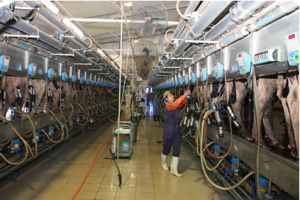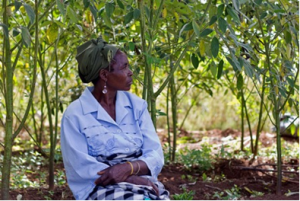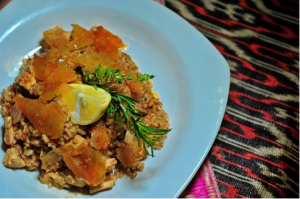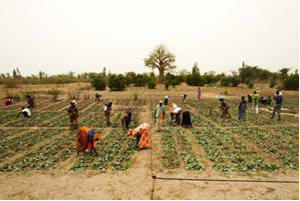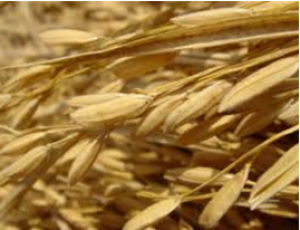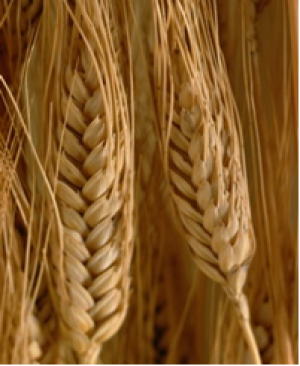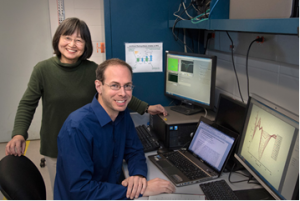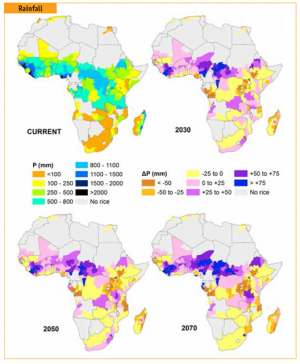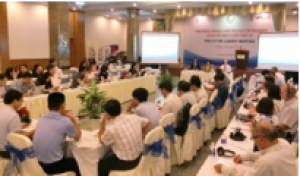Feasibility, ease of implementation and transparency in information are factors that will prove decisive in attracting investment for agriculture projects, stakeholders agreed at a conference held on Monday. Chaired by Deputy Prime Minister Vương Đình Huệ, the conference held in Hà Nội sought feedback on amendments to Decree 210 aimed at encouraging enterprises to invest in agriculture and rural areas.
In Malawi, pigeon pea production, harvest, preparation and sale are all activities which are important to, and carried out by women. While these varieties may have been selected with market-desired traits, breeders did not fully appreciate the gendered preferences of their end-users, nor fully understand how they drive adoption and use.
Throughout 2017, we will be celebrating CIAT’s 50th Anniversary and bring together our partners, donors, and people behind CIAT’s achievements, while reflecting on the future of food and agriculture. Following the first regional celebrations in Hanoi, Vietnam on 3-4 April 2017, CIAT is pleased to announce the upcoming celebrations in Nairobi, Kenya on 29 May.
Chef Robby has more than 20 years of professional cooking and kitchen management experience, with a scope that knows no geographical boundaries. A graduate of the California Culinary Academy, he is renowned for his classic Mexican, Greek, American, and, of course, Filipino restaurants that constantly get rave reviews and have won numerous prestigious awards.
- Deepening ties between FAO and the United Nations Volunteers programme (UNV) should make opportunities to join the fight against hunger and rural poverty more accessible to young people as well as to experts who wish to contribute their time and skills. Daniel Gustafson, FAO Deputy Director General and UNV Executive Coordinator Olivier Adam signed a Memorandum of Understanding today aiming at scaling-up their collaboration and making rapid deployments easier.
Rice, one of the vital staple for many countries, was first domesticated in China about 10,000 years ago. This is according to the study conducted by researchers at the Chinese Academy of Sciences (CAS) and published in the US Proceedings of the National Academy of Sciences. The researchers recovered rice remains from the Shangshan site in the Lower Yangtze in China. The remains were recognized as the earliest examples of rice cultivation.
Photosynthesis is one of nature's most important processes. Aside from producing oxygen, this natural process converts solar to chemical energy by transforming atmospheric carbon dioxide and water into sugar molecules to provide plants with needed food and energy to survive.
Rice is grown in a wide range of climates across Africa ranging from cold conditions in the highlands of, for example, Madagascar, Ethiopia, and Rwanda, to extremely hot conditions such as in the Sahel zone or Egypt. Future rice production and food security are under pressure as a result of climate change-induced increases in heat, drought, salinity, and floods.
Can Tho, Viet Nam – The Emergency Centre for Transboundary Animal Diseases (ECTAD) of FAO Viet Nam in collaboration with the Department of Animal Health (DAH) organized the 15th Epi – Labnet meeting from 16 to 18 May 2017, in Can Tho. Network of Epidemiology and Laboratory (Epi-Labnet) is a working group established by DAH in 2006 to support disease surveillance, disease prevention and capacity development activities.


 Curently online :
Curently online :
 Total visitors :
Total visitors :
